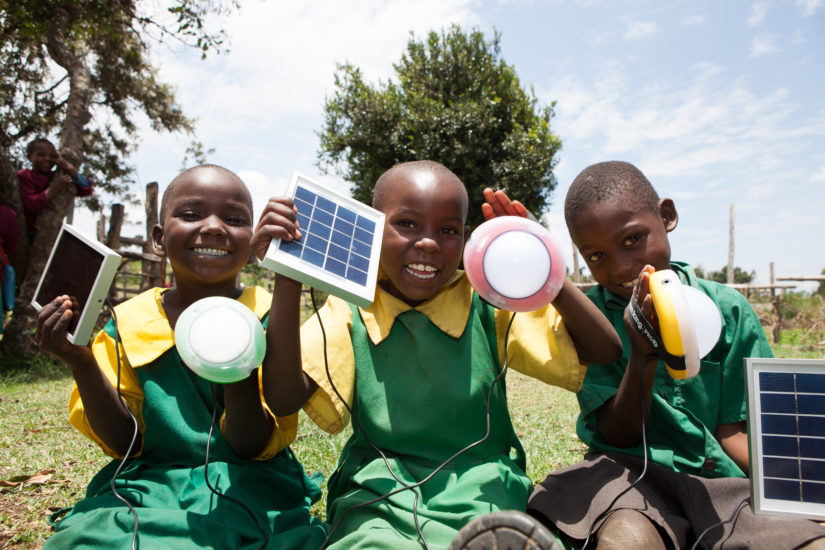
Post-pandemic recovery plans will play an important role in strengthening healthcare systems and rebuilding economies. These stimulus packages and policy responses present a unique opportunity to steer the global economy towards sustainable growth, increase resilience and bolster efforts to tackle the challenge of climate change.
While the Covid-19 pandemic has first flatten the CO2 emission curve in 2020, lessons learnt from past global crises suggest that a rapid rebound to a post crisis level is likely to come. The short-term decrease of energy demand has a limited impact on sustainable CO2 reduction, however, the post-pandemic recovery plans can serve as important stimuli for greening the energy sector. Current recovery plans still foresee financial commitments to fossil fuels and measures that are harmful for the environment. However, greening the economy post COVID-19 opens up not only climate related but also various socio-economic benefits. Especially the deployment of renewable energy can foster economic prosperity, create jobs and increase productivity.
Our fellow Minh Anh Nguyen wrote about the opportunities that policymakers could integrate to exhaust the full potential of a green recovery.
Read the report: https://publications.iass-potsdam.de/rest/items/item_6000719_1/component/file_6000720/content